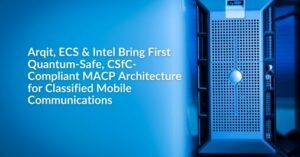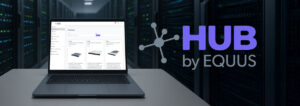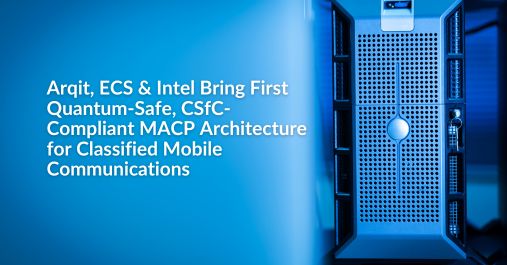Modern computing continues to evolve rapidly. Last year, 91.6% of Fortune 1000 companies planned to invest the same amount or more in big data and AI initiatives compared to pre-pandemic spending. The growth in computing makes features like latency, accessibility, and predictable costs a priority. However, most computing models provide one or two of these benefits but not all of them.
Distributed cloud computing solves this by providing the benefits of the hybrid cloud with the simplified management of public cloud computing. It gives you the flexibility to place your infrastructure where it best suits the needs and requirements of your applications. In this article, we’ll consider three points regarding distributed cloud computing:
- How it works
- How it relates to edge computing
- Whether you should leverage it in your business
How Distributed Cloud Computing Works
One of the challenges with hybrid computing is management. While businesses are technically leveraging a combination of public cloud and on-premise computing, the systems and maintenance of their infrastructure must be done separately. As a result, deploying applications or making system-wide changes gets complicated. Enter distributed cloud computing.
Distributed cloud computing allows you to run the full public cloud compute stack in colocation facilities, other cloud provider data centers, and on-premises. In this scenario, the cloud provider retains control over maintenance, updates, and security — providing businesses with end-to-end management of their infrastructure.
The distributed cloud enhances both the flexibility and control possible with cloud computing. With it, organizations can manage computing resources located anywhere from a single panel. Additionally, it simplifies deployment since all applications can be deployed the same way — you only have to choose the install location. With the distributed cloud, the provider handles all the complexities of infrastructure management.
The Distributed Cloud Helps You Stay Compliant

Another advantage of the distributed cloud is how it helps you meet regulatory and industry requirements. For example, data may not be permitted to leave the country, which can pose challenges for traditional cloud setups. The distributed cloud allows businesses to leverage on-premise or local infrastructure for regulated data, guaranteeing compliance.
Other industries with regulatory concerns include healthcare, finance, and government organizations. In the most strict of cases, users can choose to keep data completely on-premise while still leveraging the centralized control of cloud computing. Moreover, it can simplify finances as all infrastructure costs are now treated as predictable operating expenses.
Distributed Cloud Computing Facilitates Edge Computing
Edge computing places infrastructure closer to users and businesses to improve latency. And latency is more instrumental as application data requirements grow to accommodate technologies like AI, machine learning, and analytics.
Distributed cloud computing allows cloud providers to provide the speed benefits of edge hardware while retaining the centralized control of cloud computing. It also simplifies edge deployment and management since all IT resources are controlled from the same place and by the same provider.
Should You Leverage the Distributed Cloud in Your Business?
Data capabilities are crucial to business operations. Distributed cloud computing enables businesses to scale up and down on demand without making substantial IT investments. It also allows organizations to maintain compliance while tapping into the accessibility of the cloud. Does this mean that it’s right for everyone?
You should consider three factors when deciding on your IT infrastructure:
- How much control does your company want over hardware? While distributed cloud computing allows you to use infrastructure from different locations, you may not have complete control over the hardware. Hardware control is vital for applications with extreme performance requirements.
- Are capital expenditures worth long-term cost savings? While you’ll save in the short term, cloud computing can be more expensive long term. It’s worth analyzing how long it would take to see cost savings with owned hardware and how maintenance and upgrade affect this number.
- Does public cloud computing make sense for your data requirements? Public cloud computing provides a larger attack surface than private computing infrastructure. However, the public cloud may invest heavier in security. Carefully consider which option will help you best meet regulatory requirements.
The question of what type of IT infrastructure to deploy is a challenging one, especially when your business operates out of many locations. Equus can help you find the best solution for your advanced compute needs and act as an extension of your team — helping you deploy, manage, and maintain all your fully owned infrastructure. Contact us to learn more.








